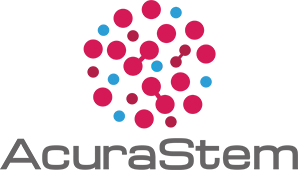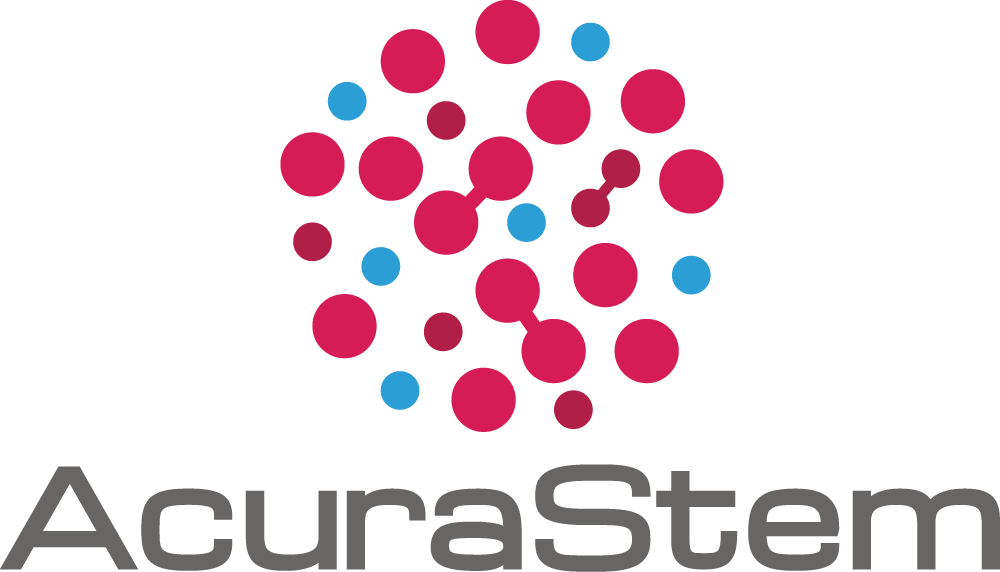MONROVIA, Calif., October 22, 2019 — AcuraStem (www.acurastem.com), a biotechnology company advancing neuroscience through patient-based drug discovery, announced today that the company has triggered Phase II funding worth $3 million from its Fast Track Small Business Innovation Research (SBIR) grant awarded by the National Institute of Neurological Disorders and Stroke (NINDS), part of the National Institutes of Health (NIH) *[Award Number R44NS105156].
AcuraStem achieved its Phase I goals six months ahead of schedule enabling the early commencement of the Phase II portion of the project. Phase II focuses on the development of AcuraStem’s lead small molecule program AS-1. The award allows AcuraStem to accelerate the AS-1 program in collaboration with its contract research partners, and continue the expansion of its innovative iNeuroRx® technology platform that combines patient-derived motor neurons and advanced bioinformatics for the discovery and development of new treatments for amyotrophic lateral sclerosis (ALS or Lou Gehrig’s disease), one of the most intractable and devastating neurodegenerative diseases.
The AS-1 program is developing a series of small molecules for the treatment of ALS, a relentless and fatal disease that selectively destroys motor neurons resulting in paralysis and death within three to five years. The therapeutic potential of the AS-1 program was originally discovered by screening directly on patient-derived motor neurons in the lab of AcuraStem’s co-founder Justin Ichida, PhD, at the University of Southern California (Shi Y, Nature Medicine 2018). The AS-1 program is targeting a novel therapeutic mechanism that the company believes has the potential to halt disease progression. AcuraStem is now developing the AS-1 program for the broad ALS patient population.
First observed in motor neurons from a patient with the form of ALS caused by a mutation in the C9ORF72 gene, profiling on AcuraStem’s proprietary iNeuroRx® platform has shown that AS-1 compounds have activity in many patients’ motor neurons, including those with different causative mutations and others with no known causative mutation.

The successful Phase II funding is just one of a number of important milestones the company has recently achieved. “Securing this funding is an important milestone for the company,” said AcuraStem CEO Sam Alworth. “These funds, together with support from the Muscular Dystrophy Association, will help us accelerate the preclinical development of AS-1 and achieve critical milestones to bring this important therapeutic into the clinic for ALS patients.”

About AcuraStem
AcuraStem is a biotechnology company advancing neuroscience through patient-based drug discovery. AcuraStem’s first small molecule drug candidate, AS-1, for amyotrophic lateral sclerosis (ALS or Lou Gehrig’s disease) will enter clinical trials in early 2021, after which the company will focus the patient-based strategy on developing treatments for additional neurodegenerative diseases. For more information, visit acurastem.com.
*Research reported in this publication was supported by the National Institute of Neurological Disorders And Stroke of the National Institutes of Health under Award Number R44NS105156. The content is solely the responsibility of the authors and does not necessarily represent the official views of the National Institutes of Health.
